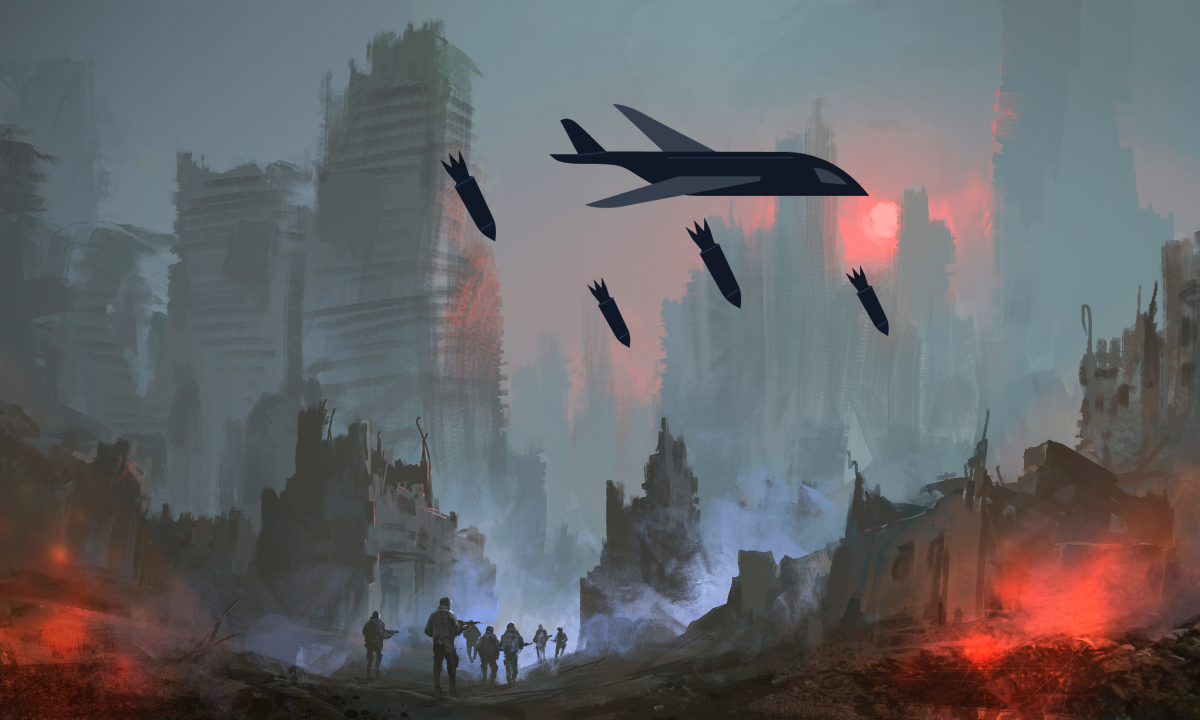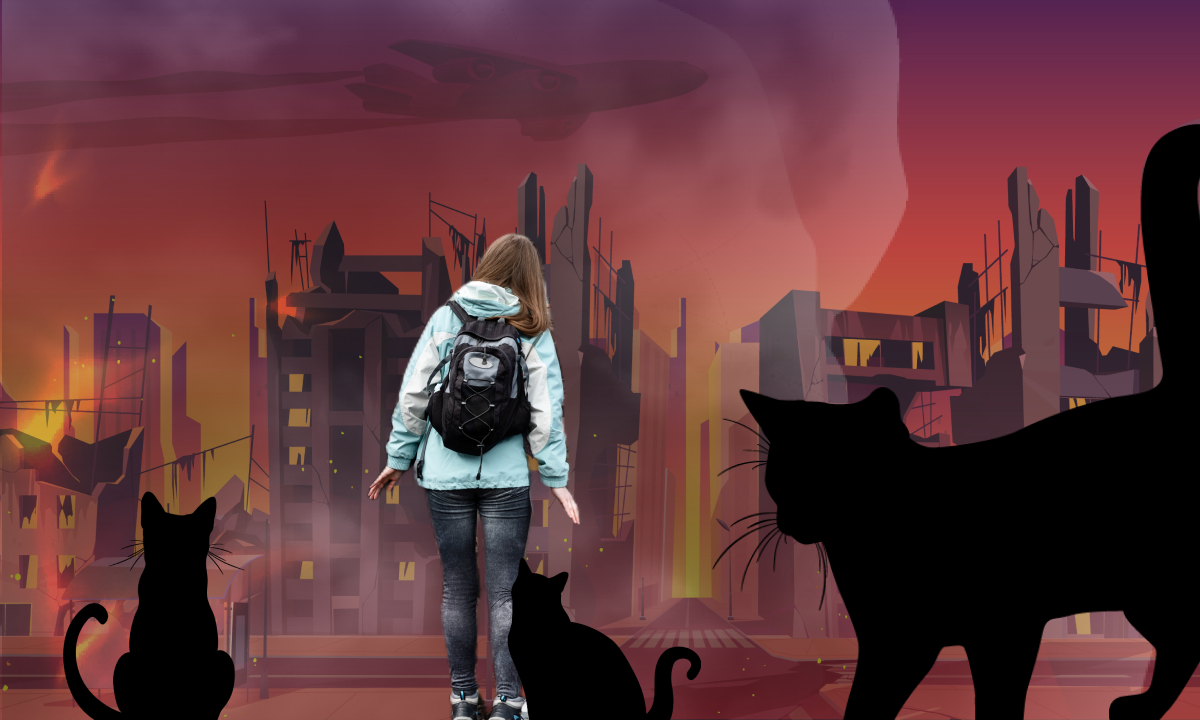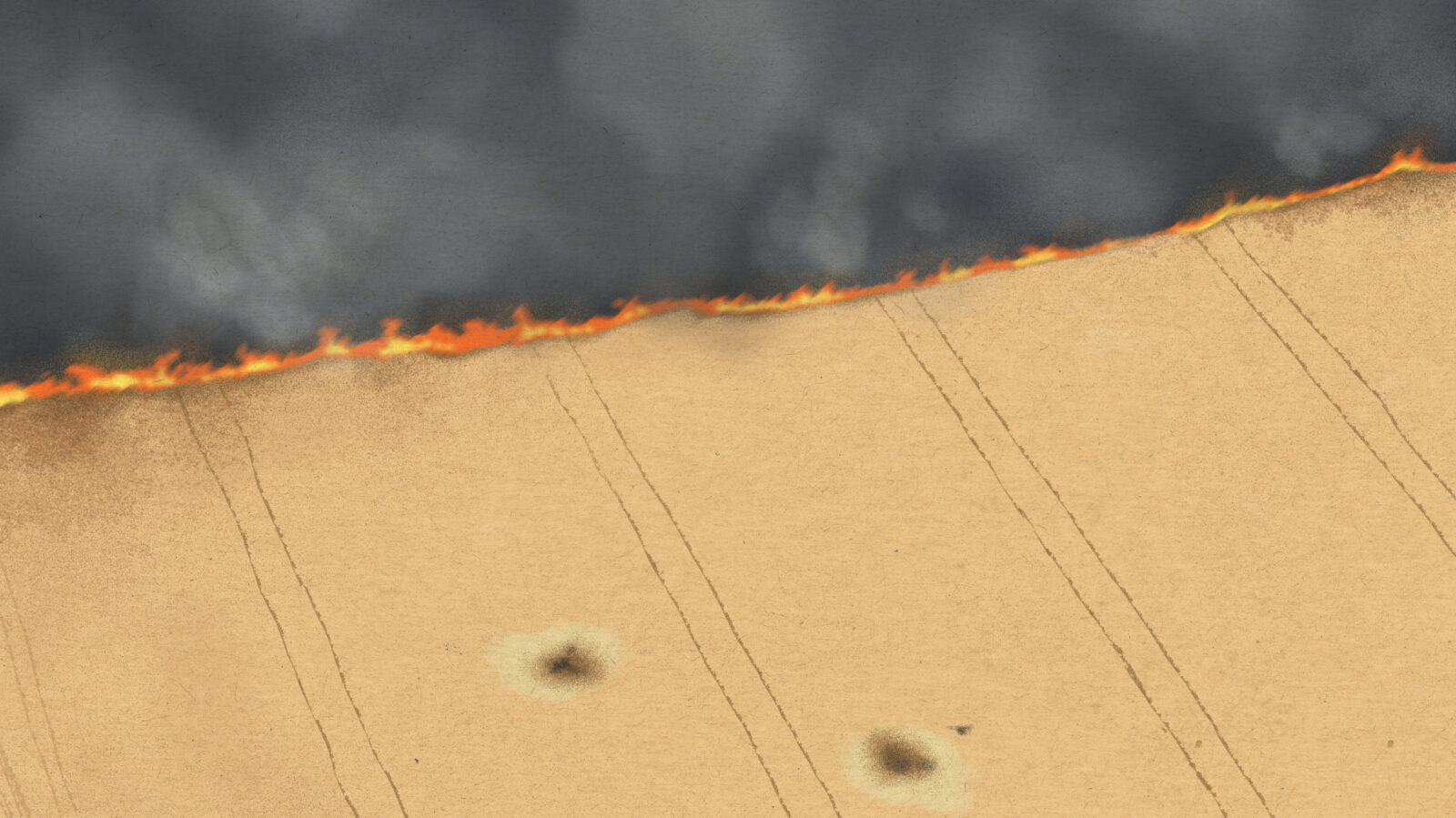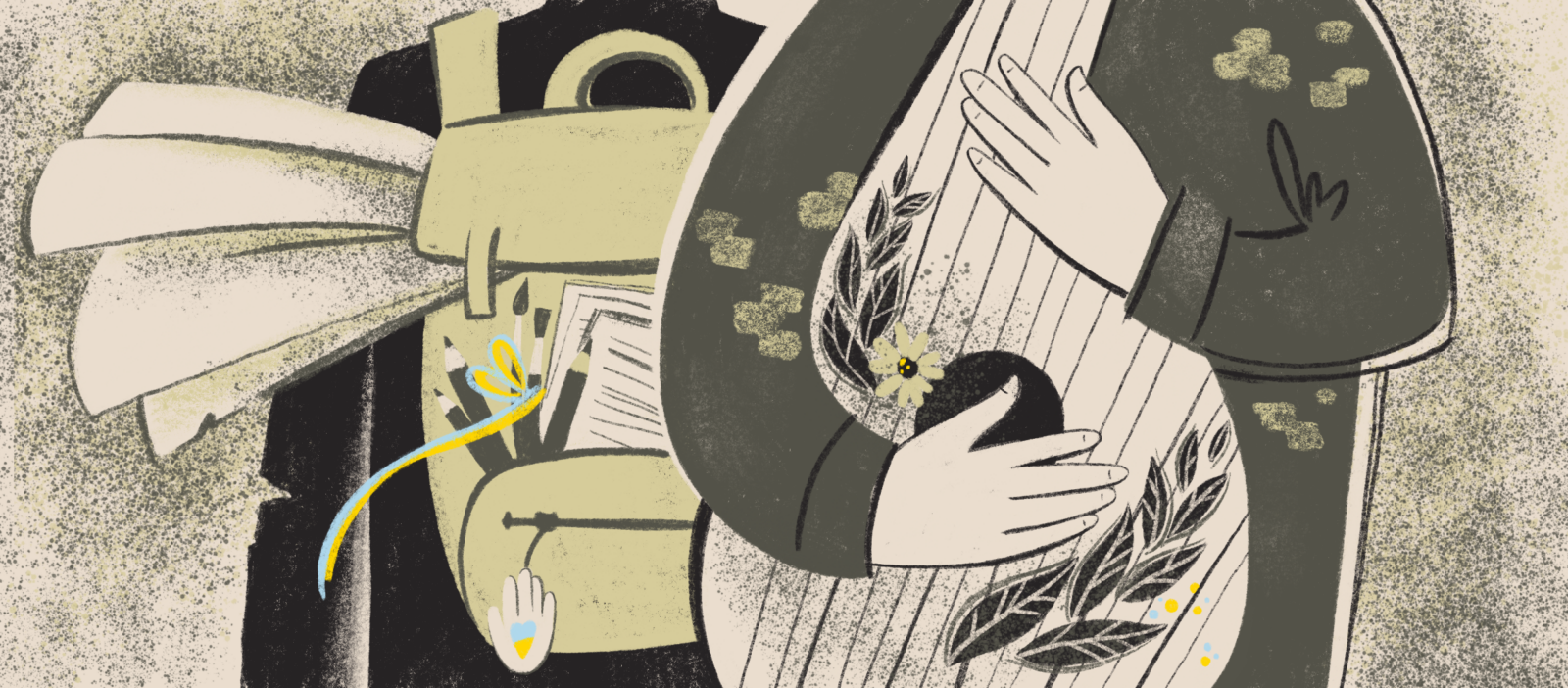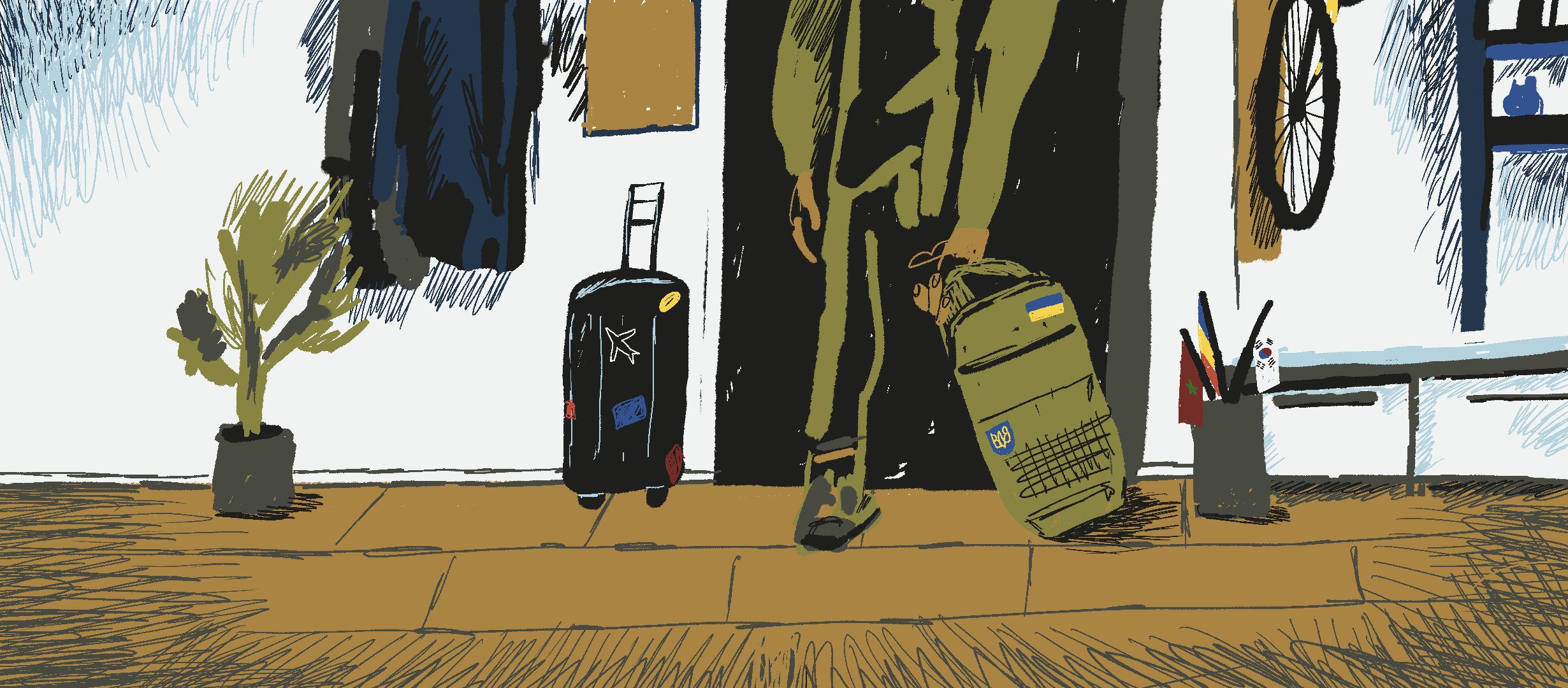Photo by Katya Moskalyuk
“Jets were flying very low. We were constantly repeating: our home, please, stay untouched.” If a rocket had hit it or landed on it, the house would have exploded,” says Nadia from Kharkiv. Together with her friend Valeria, she rented a first-floor apartment in one of the blocks on Gagarina Avenue.
When they heard explosions and jet sounds, the girls hid in the hallway every 5 minutes. Later they moved to Nadia’s godfather who lived near a subway station. They could hide from the shelling there. I’m talking with Lera and Nadia in Lviv. They are scared and don’t want to tell me their surnames.
Lera and Nadia are students. Nadia was studying for a bachelor’s degree in psychology, and Lera studied dressmaking. She had to pass her professional exam on February 24, when the war started. “I didn’t wear the white T-shirt I’d been looking for the whole evening before. I didn’t get qualified, I got nothing…” Valeria says.
In the beginning, it was possible to buy food and bread. The supermarkets worked only for 4 or 5 hours a day. So there was a long line in front of the entrance an hour before the opening.
The girls lived under shelling for a week. When a rocket had hit a neighbor’s house, they decided to flee. They say now that they will keep together if they have lived through this horror together. On the eve of leaving the city, the girls managed to buy cheese and fruit. In order to buy three loaves of bread, they stood in a queue for three hours. As they were leaving, Lera and Nadia took only warm clothes and blankets. Since it was impossible to reach their home, they left many of their favorite things behind.
The girls reached the train station on foot. There was no public transit in Kharkiv, and the underground stations were repurposed as bomb shelters with people living there. Volunteers and subway workers delivered food, brought pencils and coloring books for children. There were also extension cords and phone chargers. A taxi ride cost one, two, even three thousand hryvnias, almost like a plane ticket.
“We barely had any time because the curfew was to start at 3 p.m. We were acting very quickly and carefully. We knew that shelling could start any minute, and the walls could fall right on us,” Valeria says.
“We were running, rushing, getting exhausted, our feet were killing us, our backpacks were hurting our backs, but we never stopped and reached our destination. That’s why we think we are strong.”
Nadia’s younger brother fled with them too. The girl remembers that there was a huge crowd at the train station. They were waiting for announcements and somehow managed to get on the train. In the train car for 60 passengers, there were about 250 people.
Today, the girls live in a photo studio repurposed for receiving women and kids. Valeria’s mother and her two younger siblings fled to Lviv the next day after Valeria did. Nadia’s mom wants to leave Kharkiv, too. Although her father and elderly grandmother are staying in Kharkiv.
The girls will rest for a couple of days and go to Uzhhorod with their families. Valeria is afraid of the sirens that howl in Lviv sometimes. She knows that this precaution warns and protects people. And it also means that there definitely will be shelling somewhere. The siren scares her.
Nadia dreams of coming back to Kharkiv after the war. Lera only thinks about safety, where to buy food, and how to stock up with water. “I simply can’t dream now,” the girl confesses. “When you imagine something in your head but then see a completely different picture, it hurts a lot.“
“We have food, water, and a place to sleep. We are warm. We are surrounded by people, not dead bodies with smashed heads. And that’s it. I can’t ask for anything else.”





